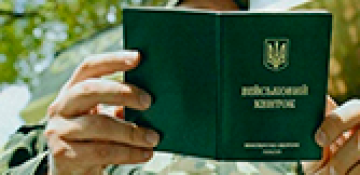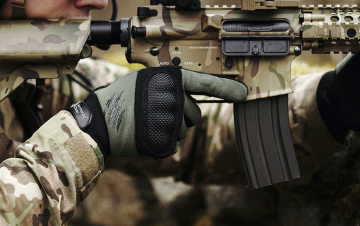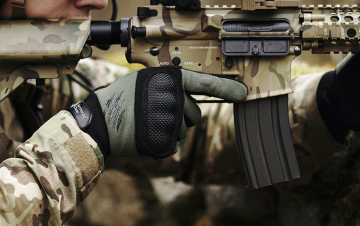Discharge from military service for caregiving: legal grounds and formalities
Discharge from military service for caregiving for sick relatives or children is one of the exceptions provided for by law, which allows military personnel to leave the Armed Forces of Ukraine or other military formations in peacetime or wartime. This procedure requires proper legal formalities and documentary evidence of the need for care. Properly executed documents, legal support and a clear understanding of the legal grounds are the key to a successful procedure.
Who is eligible for discharge from military service for caregiving
The right to discharge from military service for caregiving is enshrined in Ukrainian legislation and regulated by the provisions of the Law of Ukraine ‘On Military Duty and Military Service’ and subordinate legislation. This right is not automatic — it requires confirmation by relevant documents and justification of the need for caregiving. Below is a list of categories of persons for whom discharge is possible:
- Disabled parents or spouse.
- A child with a disability.
- A child under the age of 18 who has a serious illness.
- Other family members if they are in poor health.
After compiling a package of supporting documents (medical report, documents confirming family ties, medical examination certificates), the discharge procedure can be initiated. It is important to remember that all certificates must be valid at the time of submission.
Procedure for discharge from military service for caregiving
The procedure for dismissal from military service for caregiving involves several mandatory steps, each of which must be performed clearly and in accordance with regulatory requirements. It is necessary to act consistently, keeping all copies of documents and recording the date of each application or submission. Here is a typical procedure:
- Collect medical certificates and conclusions from the medical advisory commission (MAC).
- Submit a report to the unit commander with justification.
- Provide proof of kinship (birth certificate, marriage certificate, etc.).
- Waiting for consideration and approval of the decision by the higher command.
After a positive decision, a dismissal order is issued and the information is entered into the serviceman's personal file. It is important to note that the decision may be delayed, especially if there are doubts about the authenticity of the documents.
Legal nuances and risks of refusal
Even if formal procedures are followed, there may be cases of refusal to discharge. The reasons often lie in subjective assessments or incorrect documentation. Here are the most common situations in which a military serviceman may be refused:
- Incomplete medical documents or their non-compliance with requirements.
- Non-recognition by the Medical Commission of the need for constant care.
- Doubts about the authenticity of family ties.
It is important to understand that any refusal must be justified in writing. If there are arguments and proper legal support, the decision can be appealed in an administrative or judicial procedure.
Stages of legal support
Engaging a lawyer can significantly increase the chances of a positive outcome in the dismissal case. They not only check the package of documents, but also accompany the entire process — from consultations to representation in court.

Assessment of grounds — verification of documents confirming the possibility of dismissal.

Preparation of statements and reports — drafting a legally sound justification.

Support in submission — monitoring the transfer of documents to the unit.

Appealing refusals — filing complaints or lawsuits in court.
Having an experienced lawyer reduces the likelihood of formal refusals and speeds up the decision-making process. The lawyer acts in the interests of the military personnel, using all legal tools.
Frequently asked questions about discharge from military service for care
Question
How long does the discharge process take?
Answer
Depending on the situation, on average — from 2 to 6 weeks. With legal support, the process is accelerated.
Question
What documents are required for discharge on grounds of care?
Answer
Medical opinion of the Medical Commission, documents proving kinship, application, report, copy of ID card.
Question
Can discharge be denied if the Medical Commission has not indicated the need for permanent care?
Answer
Yes, in this case, the command may reject the report. It is worth contacting a lawyer to undergo a second Medical Commission examination or to file a court appeal.
Question
Is there a difference between the discharge of an officer and a contract soldier for care?
Answer
The procedure is similar for all categories, but for officers, discharge requires approval from higher headquarters, which can increase the length of the process.
ConclusionDischarge from military service for caregiving is a right guaranteed by law, but it often faces formal barriers. To avoid refusals and speed up the process, it is advisable to hire a lawyer. The Consultant service team has experience in such cases and will help you go through this procedure legally, quickly and efficiently. Regardless of the complexity of the situation, there are effective legal mechanisms to protect the interests of the serviceman and his family.




































